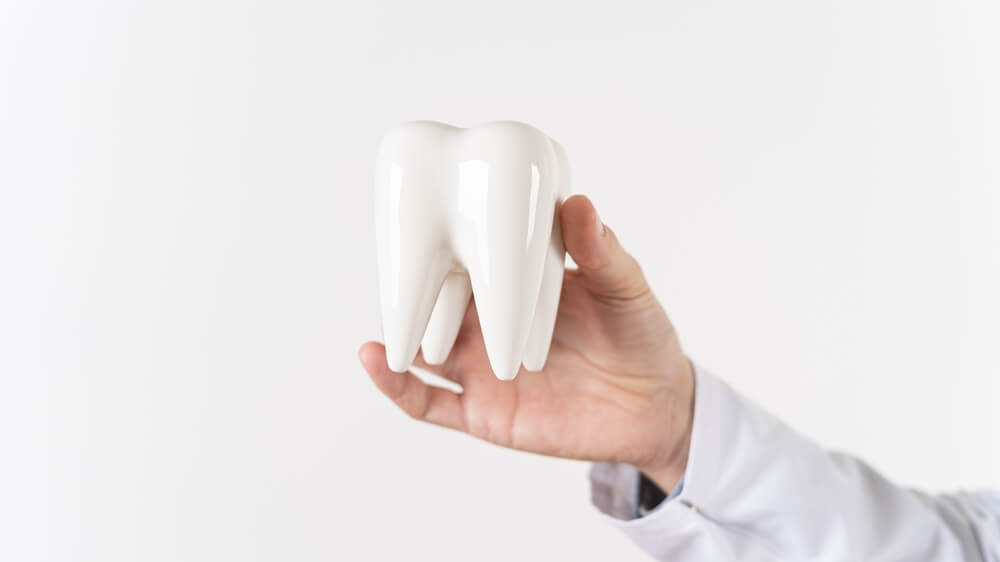When faced with the decision between a root canal and a tooth extraction, it’s essential to consider the long-term implications for your dental health. While both procedures aim to alleviate pain and address dental issues, they differ significantly in their approach and outcomes. In this article, we’ll explore the benefits of saving your tooth through a root canal versus the consequences of tooth extraction, helping you make an informed decision about your dental care.

The Importance of Saving Your Tooth
Understanding the Root Canal Procedure
A root canal is often the preferred option when feasible, as it allows you to preserve your natural tooth structure. During a root canal, the dentist removes infected or damaged tissue from within the tooth’s pulp chamber and root canals. This process effectively eliminates pain and prevents the spread of infection while retaining the integrity of the tooth.
Benefits of Root Canal Over Extraction
Choosing a root canal over-extraction offers several advantages. Firstly, it allows you to maintain your natural smile and bite function. By saving the tooth, you avoid the need for replacement options such as dental implants or bridges, which can be costly and require additional procedures.
The Dangers of Tooth Extraction
Understanding Tooth Extraction Procedure
In contrast to a root canal, tooth extraction involves removing the entire tooth from its socket in the jawbone. While this procedure may be necessary in certain cases of severe decay, trauma, or overcrowding, it should be considered a last resort due to its irreversible nature.
Replacing Lost Teeth
One of the significant drawbacks of tooth extraction is the need for tooth replacement options. Whether through dental implants, bridges, or dentures, replacing a missing tooth can be a costly and time-consuming process. Additionally, these prosthetic solutions may not fully replicate the function and appearance of a natural tooth.
Considering Cost and Long-Term Implications
Financial Considerations
While the immediate cost of tooth extraction may seem lower than that of a root canal, the long-term expenses can outweigh the initial savings. Replacing a missing tooth can cost three to five times more than opting for a root canal, making the latter a more cost-effective choice in the long run.
Long-Term Dental Health
Furthermore, saving your natural tooth through a root canal promotes better long-term dental health. Preserving the tooth’s structure helps maintain jawbone density and prevents adjacent teeth from shifting out of alignment, reducing the risk of future dental issues.
Making the Right Decision for Your Dental Health
When faced with the decision between a root canal and tooth extraction, it’s crucial to consult with your dentist and weigh the pros and cons carefully. While a root canal may require more time and investment upfront, it offers significant benefits in terms of preserving your natural smile, bite function, and overall dental health. In contrast, opting for tooth extraction may lead to additional complications and expenses associated with tooth replacement.
In Summary

Prioritizing the preservation of your natural tooth through a root canal is often the best course of action when faced with dental issues. By saving your tooth, you not only maintain your oral health but also avoid the need for costly and invasive replacement procedures. So, if you find yourself torn between a root canal and tooth extraction, remember that saving your tooth through a root canal is the optimal choice for your dental well-being. For personalized advice tailored to your specific situation, don’t hesitate to contact Indian Trail Dental today.



